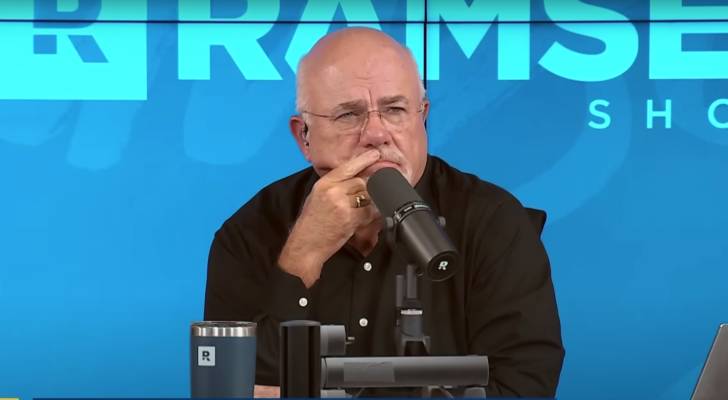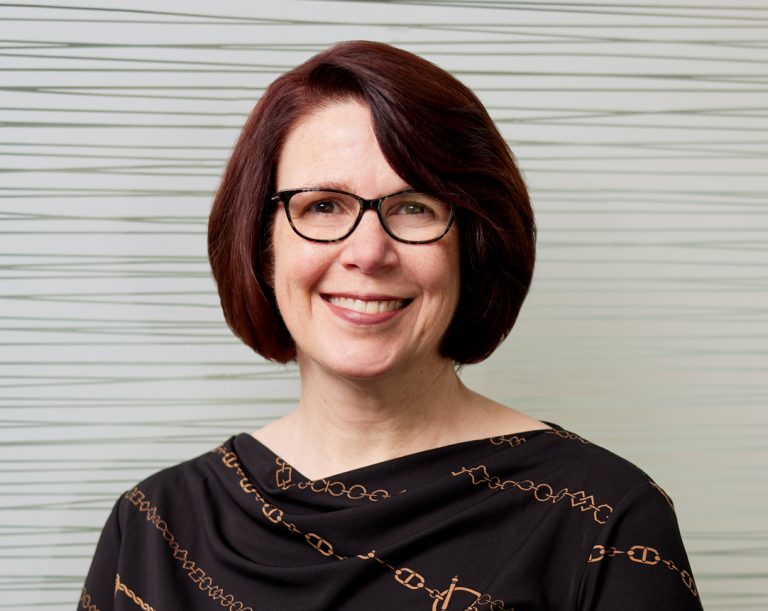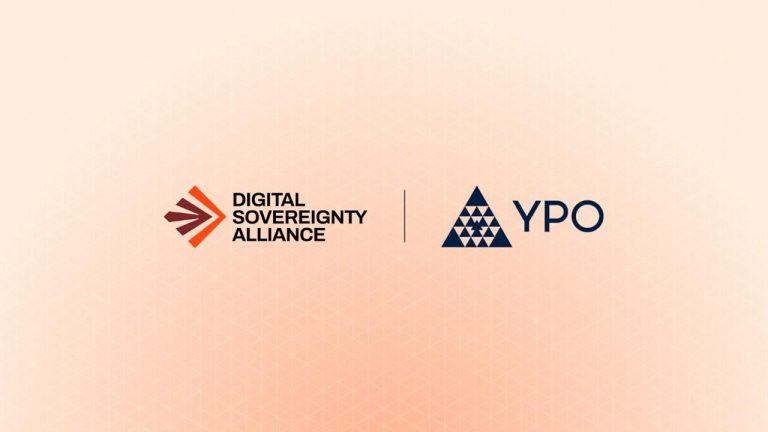
In a call on an episode of The Ramsey Show, a 73-year old Arizona resident named Robin shared that she has no retirement savings and more than US$12,000 in outstanding student loan debt — but is considering a home purchase within the next three years.
Host Dave Ramsey then asks, “How would you be able to buy [a house] if you don’t have any money?” Robin says she expects to pay off the student loan this year and is setting aside a modest amount for a down payment every month.
Ramsey suggests she cash in her insurance policy, pay down her student loan faster and maximize her down payment savings right afterward. “Basically, you’re going to live on beans and rice for the next three years" — in order to avoid running out of money and future choices.
Robin isn’t alone. According to a 2024 survey by CPP Investments, 61% of Canadians fear they will run out of money in retirement.
If you’re concerned about being stuck in the same situation, consider these three ways to boost your retirement savings on short notice.
1. "Live on beans and rice"
When Ramsey suggests Robin “live on beans and rice” he doesn’t mean it quite so literally, but rather that living a frugal lifestyle and cutting spending where you can can help you boost your savings. So skip the steakhouse dinner and make some pasta at home.
Of course, spending money is inevitable no matter how frugal you are, and it can be very easy to rack up credit card debt.
Consider consolidating any high interest debt by taking out a single loan at a lower rate with a lending platform like Loans Canada. Instead of juggling multiple monthly payments, you’ll have one predictable payment to manage each month.
You can shop for the most competitive interest rates on personal and debt consolidation loans, since Loans Canada specializes in comparing rates offered by different lenders.
You don’t need a minimum credit score or annual income to receive personalized loan offers.
After you’ve paid down all your high-interest debt, a high interest savings account can help you grow your savings faster. It often pays to shop around because some banks offer special interest rates for new customers.
For example, if you open a Simplii Financial high interest savings account (HISA), you can earn 4.25% interest on eligible deposits up to $100,000 for the first four months of having an account.
If you’re already a client, you can still take advantage of the welcome offer if you’re still within 60 days of opening a Simplii Financial account. Offer ends September 30, 2025.
Simplii’s HISA does not require a minimum balance and offers easy access to your cash whenever you need it.
2. Reinvest dividends
You can boost your passive income by reinvesting it for a short period. A Dividend Reinvestment Plan, or DRIP, can allow you to deploy your regular dividends into acquiring more stock. These programs can expand your nest egg considerably.
For example, Walgreens Boots Alliance Inc. (WBA) currently offers a 11.03% dividend yield. Implementing the company’s DRIP program could double your capital in nine years, depending on the stock’s performance during that time.
Platforms like CIBC Investor’s Edge make it easy to invest in dividend stocks and ETFs while enjoying low commissions and no or minimal account maintenance charges, depending on the size of your portfolio.
Along with access to thousands of ETFs and stocks, a CIBC Investor’s Edge account gives investors access to a library of information to help you make more informed investing decisions.
Get 100 free online equity trades when you open a CIBC Investor’s Edge account using promo code EDGE100†. Offer ends September 30, 2025.
3. Tap into insurance
Some life insurance policies allow you to cash out a certain amount before maturity. If a policy is no longer needed, consider this option to boost your retirement savings — but only as a last resort.
You may want to consult your tax professional or financial advisor before pulling the trigger.
Life insurance can help protect your loved ones from unanticipated costs but policies can vary. Some policies pay a portion of the benefit while the policyholder is still alive, which could ease the burden of unexpected expenses in retirement.
Term insurance is usually a less expensive and more flexible option than whole life coverage. If the insured individual dies during this term, the policy pays a death benefit to the designated beneficiaries.
Young families and busy professionals looking for fast and affordable insurance can easily connect with PolicyMe and get term life insurance — with no medical exams or blood tests.
PolicyMe makes finding the best, most affordable life insurance policy simple. All you need to do is fill in some information about yourself, and they will provide you with a free quote in minutes.
Sources
1. CPP Investments: 2024 Financial Literacy Month Retirement Survey Results (Oct 2024)
This article provides information only and should not be construed as advice. It is provided without warranty of any kind.


